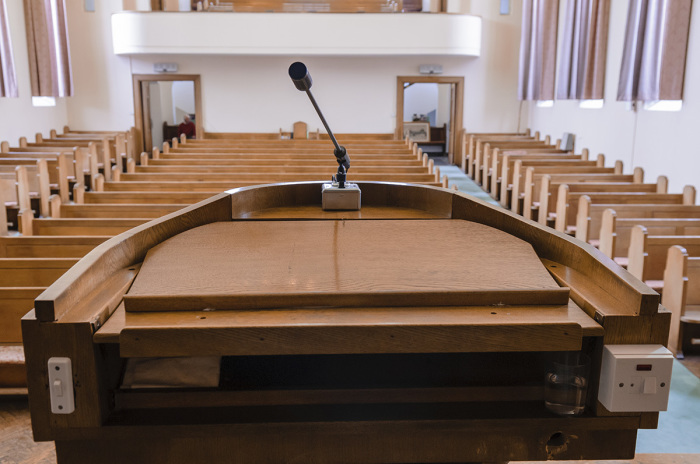
Nearly half of all Evangelical pastors in the United States hold a second job outside their church ministry, according to a study by Lifeway Research.
Forty-seven percent of Evangelical pastors work bivocationally, compared to 35% of clergy overall, said Lifeway, which compiled data from the National Survey of Religious Leaders (NSRL) and defined bivocational pastors as those employed outside their congregational role, not those serving multiple churches.
The national average increased from 28% in a similar survey conducted in 2001, but the researchers noted that the apparent growth was concentrated among white Evangelical Protestants.
Among Catholic and Mainline Protestant clergy, bivocational work is uncommon, with only 14% and 11%, respectively, reporting a second job. Among black Protestant pastors, 35% are bivocational.
For Catholic and Mainline Protestant clergy who take on extra responsibilities, it is more often in the form of leading multiple congregations than taking up secular work. The study found that 19% of clergy from these groups now serve more than one congregation, up from 12% in 2001.
The trend was most evident among Mainline Protestants (24%), Catholics (22%) and black Protestants (21%). Evangelical pastors, by contrast, were the least likely to lead more than one congregation, at just 9%.
Two-thirds of clergy overall said they entered ministry after working in another field. Among black Protestant pastors, the figure was highest at 89%. Evangelicals and Mainline Protestants reported similar numbers, with 64% and 62%, respectively, saying they had a prior career.
Only 33% of Catholic priests reported having worked outside the church before entering ministry.
Lifeway’s own findings support the NSRL figures that many pastors do not begin their careers in ministry. The study found that 60% of senior Protestant pastors worked 10 years or less in a non-ministry field before entering the clergy.
Lifeway also found that 70% of senior pastors began their ministry careers in other roles. Among them, 44% started out as youth or student ministers, and 42% as assistant or associate pastors.
Smaller numbers began as children’s ministers (16%) or held other ministry positions (18%). Thirty percent reported no prior ministry experience before assuming their current leadership role.
Pastors were also found to be highly mobile.
The NSRL numbers show that only one in four U.S. clergy were members of the church they now lead. That figure was slightly higher among black Protestants (37%) and Evangelicals (27%), while it was rare among Catholics (3%) and Mainline Protestants (5%).
The report also showed differences in educational attainment among clergy from various denominations.
Overall, 81% of pastors have at least a bachelor’s degree, and 59% hold a graduate degree. Nearly half (48%) have earned a Master of Divinity or an equivalent professional degree.
By denomination, Catholic clergy had the highest levels of education, with 95% holding a graduate degree and 90% specifically holding an M.Div. Just 4% of Catholic clergy had only a bachelor’s degree, and 1% had not completed a four-year degree. Among Mainline Protestant pastors, 85% held a graduate degree, including 84% with an M.Div.
Evangelical and black Protestant pastors were less likely to have graduate-level theological education.
Among black Protestants, 39% had an M.Div., 13% held another type of graduate degree, 16% had a bachelor’s degree, and 32% had less than that. Evangelicals reported similar qualifications: 38% with an M.Div., 8% with a different graduate degree, 32% with a bachelor’s, and 22% without a four-year college degree.
The U.S. Census Bureau reports that among the general population over age 25, only 38% have a bachelor’s degree or higher, including 14% with a graduate degree.